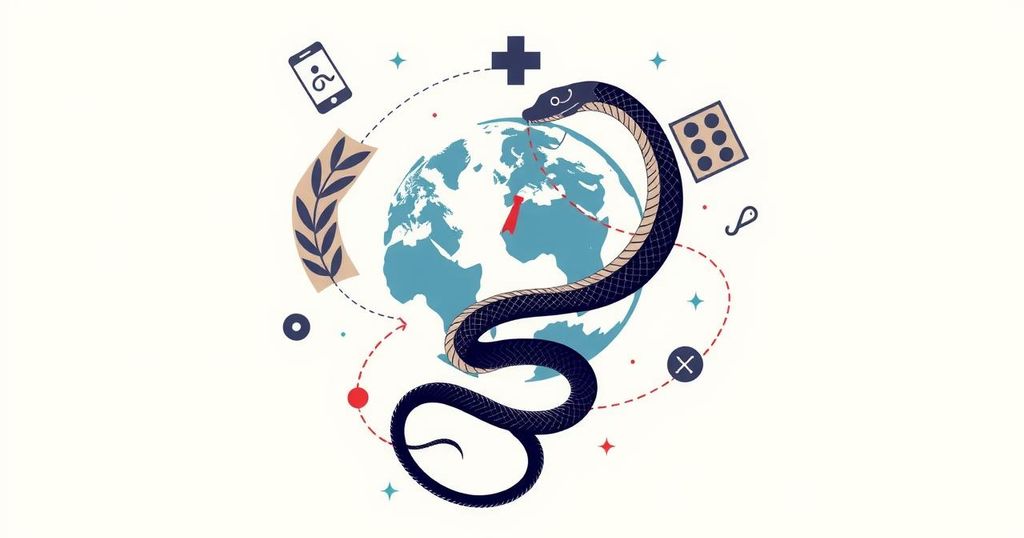Argentina, under President Javier Milei, has decided to withdraw from the World Health Organization, citing significant disagreements over the handling of health issues highlighted during the COVID-19 pandemic. Concerns regarding the organization’s independence from political influence were also noted. This stance parallels criticisms previously voiced by Donald Trump during his presidency regarding WHO’s management of health crises.
In a significant policy move, Argentine President Javier Milei has ordered the country’s withdrawal from the World Health Organization (WHO), citing profound disagreements over the organization’s management of health crises, particularly during the COVID-19 pandemic. Presidential spokesperson Manuel Adorni emphasized that the decision arose from Argentina’s experience of an extended lockdown imposed by the previous leftist administration. Furthermore, Adorni pointed to concerns regarding the WHO’s perceived lack of autonomy from the political agendas of other nations.
This decision echoes sentiments previously expressed by former U.S. President Donald Trump, who accused the WHO of mismanaging the COVID-19 pandemic and other global health emergencies. Trump criticized the organization for imposing excessively burdensome financial contributions on the United States, its primary financial supporter. Argentina’s actions demonstrate an alignment with these perspectives, reflecting a broader critique of the WHO’s role in global health governance.
The World Health Organization (WHO) serves as a pivotal global health authority, responsible for coordinating international responses to health crises. Its management of the COVID-19 pandemic came under intense scrutiny, leading to accusations of inefficiency and political bias. Various countries, including the United States and Argentina, have voiced concerns over the WHO’s decision-making processes and perceived undue influence from major states, prompting discussions about its funding mechanisms and operational independence.
Argentina’s decision to withdraw from the WHO signifies a critical stance towards international health governance, driven by perceived failures during the COVID-19 crisis. The withdrawal resonates with similar criticisms leveled by former U.S. President Donald Trump, reflecting a growing discontent with the WHO’s effectiveness and political independence. This move may reshape Argentina’s approach to global health collaboration moving forward.
Original Source: economictimes.indiatimes.com






